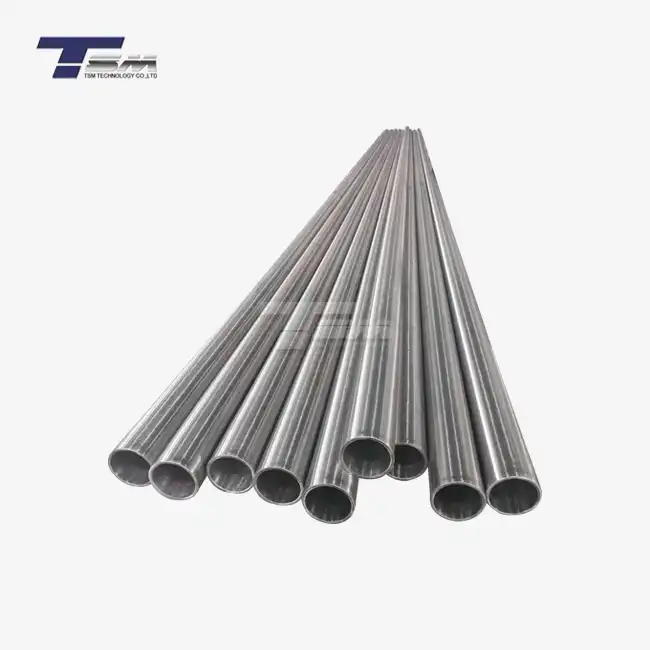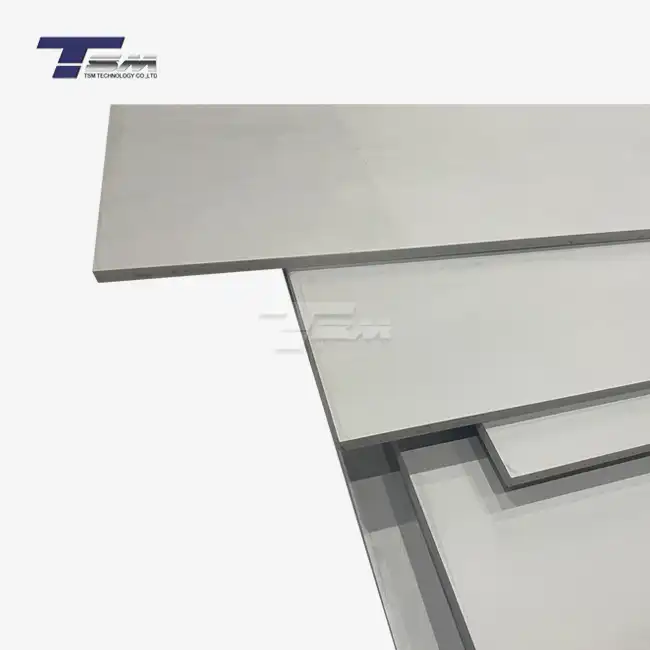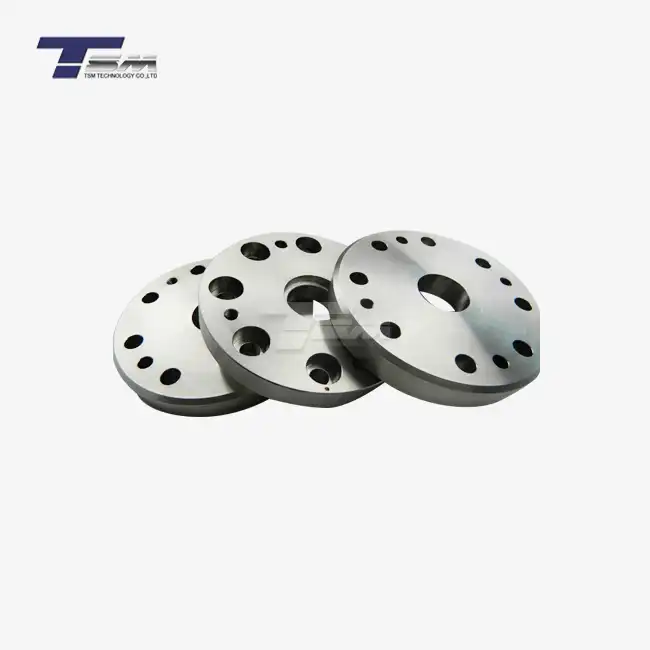- English
- French
- German
- Portuguese
- Spanish
- Russian
- Japanese
- Korean
- Arabic
- Greek
- German
- Turkish
- Italian
- Danish
- Romanian
- Indonesian
- Czech
- Afrikaans
- Swedish
- Polish
- Basque
- Catalan
- Esperanto
- Hindi
- Lao
- Albanian
- Amharic
- Armenian
- Azerbaijani
- Belarusian
- Bengali
- Bosnian
- Bulgarian
- Cebuano
- Chichewa
- Corsican
- Croatian
- Dutch
- Estonian
- Filipino
- Finnish
- Frisian
- Galician
- Georgian
- Gujarati
- Haitian
- Hausa
- Hawaiian
- Hebrew
- Hmong
- Hungarian
- Icelandic
- Igbo
- Javanese
- Kannada
- Kazakh
- Khmer
- Kurdish
- Kyrgyz
- Latin
- Latvian
- Lithuanian
- Luxembou..
- Macedonian
- Malagasy
- Malay
- Malayalam
- Maltese
- Maori
- Marathi
- Mongolian
- Burmese
- Nepali
- Norwegian
- Pashto
- Persian
- Punjabi
- Serbian
- Sesotho
- Sinhala
- Slovak
- Slovenian
- Somali
- Samoan
- Scots Gaelic
- Shona
- Sindhi
- Sundanese
- Swahili
- Tajik
- Tamil
- Telugu
- Thai
- Ukrainian
- Urdu
- Uzbek
- Vietnamese
- Welsh
- Xhosa
- Yiddish
- Yoruba
- Zulu
Advantages of Nickel Alloy Round Bars in High-Temperature
Nickel alloy round bars have become indispensable in high-temperature environments due to their exceptional properties. These versatile components, including the widely used nickel 200 round bar, offer remarkable heat resistance, corrosion resistance, and mechanical strength. In extreme conditions where conventional materials falter, nickel alloy round bars maintain their integrity and performance. This makes them ideal for applications in aerospace, petrochemical, and power generation industries. Their ability to withstand oxidation, creep, and thermal fatigue ensures longevity and reliability in critical systems operating under intense heat and pressure. As we delve deeper into the advantages of these superior alloys, we'll explore how they're revolutionizing high-temperature operations across various sectors.
Superior Heat Resistance and Thermal Stability
Exceptional Melting Point and Structural Integrity
Nickel alloy round bars exhibit remarkable heat resistance, largely due to their high melting points. For instance, the nickel 200 round bar, composed of nearly pure nickel, boasts a melting point of approximately 1455°C (2651°F). This exceptional thermal stability allows these alloys to maintain their structural integrity even in extreme heat conditions. Unlike many other metals that soften or deform at elevated temperatures, nickel alloys retain their strength and shape, making them invaluable in high-temperature applications.

Resistance to Thermal Expansion and Fatigue
Another significant advantage of nickel alloy round bars is their low coefficient of thermal expansion. This property is crucial in applications where dimensional stability is paramount, such as in gas turbine engines or heat exchangers. The minimal expansion and contraction of these alloys during temperature fluctuations reduce the risk of thermal fatigue, a common cause of material failure in high-temperature environments. This resistance to thermal cycling enhances the longevity and reliability of components made from nickel alloy round bars.
Thermal Conductivity and Heat Distribution
Nickel alloys, including the nickel 200 round bar, possess moderate thermal conductivity. This characteristic allows for efficient heat distribution in high-temperature applications, preventing the formation of hot spots that could lead to premature failure. The balanced thermal properties of these alloys make them ideal for use in heat exchangers, furnace components, and other applications where controlled heat transfer is essential. Their ability to withstand and manage high temperatures contributes significantly to the overall efficiency and safety of thermal systems.
Corrosion Resistance in Harsh Environments
Protection Against High-Temperature Oxidation
One of the most valuable attributes of nickel alloy round bars is their exceptional resistance to high-temperature oxidation. In environments where oxygen exposure at elevated temperatures is inevitable, these alloys form a protective oxide layer on their surface. This self-healing barrier shields the underlying metal from further oxidation, preserving the integrity of the component. The nickel 200 round bar, for example, demonstrates excellent resistance to oxidation up to temperatures as high as 1000°C (1832°F), making it suitable for use in oxidizing atmospheres in various industrial processes.
Resistance to Sulfidation and Carburization
Nickel alloy round bars also exhibit remarkable resistance to sulfidation and carburization, two corrosion mechanisms prevalent in high-temperature industrial environments. Sulfidation, often encountered in petrochemical processing, can rapidly degrade many metals. However, nickel alloys form stable sulfide compounds that protect the material from further attack. Similarly, these alloys resist carburization, a process where carbon diffuses into the metal at high temperatures, potentially causing embrittlement. This resistance is particularly valuable in applications involving carbonaceous atmospheres, such as in heat-treating furnaces or syngas production units.
Compatibility with Diverse Corrosive Media
The versatility of nickel alloy round bars extends to their compatibility with a wide range of corrosive media at elevated temperatures. From molten salts to aggressive acids, these alloys maintain their integrity in environments that would quickly deteriorate other materials. This broad-spectrum corrosion resistance makes nickel alloys, including specialized grades like Hastelloy and Inconel, indispensable in chemical processing, waste incineration, and marine applications where exposure to corrosive substances at high temperatures is common.
Mechanical Properties and Long-Term Performance
High-Temperature Strength and Creep Resistance
Nickel alloy round bars distinguish themselves through their exceptional high-temperature strength and creep resistance. While many metals weaken significantly at elevated temperatures, nickel alloys maintain a substantial portion of their room-temperature strength even at temperatures exceeding 1000°C (1832°F). This high-temperature strength is crucial in applications such as gas turbine components, where materials must withstand enormous stresses under extreme heat. Moreover, the superior creep resistance of these alloys prevents gradual deformation under constant stress at high temperatures, ensuring long-term dimensional stability and reliability in critical components.
Fatigue Resistance and Durability
The fatigue resistance of nickel alloy round bars is another key factor contributing to their long-term performance in high-temperature applications. These alloys demonstrate remarkable resistance to both thermal and mechanical fatigue, which is essential in cyclical loading conditions often encountered in aerospace and power generation industries. The ability to withstand repeated stress cycles without failure, even at elevated temperatures, significantly extends the service life of components made from nickel alloys. This durability translates into reduced maintenance requirements and improved operational reliability for equipment operating in harsh, high-temperature environments.
Weldability and Fabrication Advantages
Despite their high-performance characteristics, nickel alloy round bars offer excellent weldability and fabrication properties. This attribute is particularly valuable in the manufacturing of complex components for high-temperature applications. The ease of welding these alloys, including the nickel 200 round bar, allows for the creation of intricate structures without compromising the material's inherent properties. Additionally, nickel alloys respond well to various forming and machining processes, enabling the production of precise, custom-designed components. This fabrication flexibility, combined with their superior performance characteristics, makes nickel alloy round bars a preferred choice for engineers and designers working on high-temperature applications across diverse industries.
Conclusion
Nickel alloy round bars, including specialized variants like the nickel 200 round bar, offer unparalleled advantages in high-temperature applications. Their exceptional heat resistance, corrosion resistance, and mechanical properties make them indispensable in industries where extreme conditions are the norm. From aerospace to petrochemical processing, these alloys continue to push the boundaries of what's possible in high-temperature operations. As technology advances and industrial processes become more demanding, the role of nickel alloys in ensuring safety, efficiency, and reliability in extreme environments is only set to grow. Their unique combination of properties positions them as a cornerstone material for future innovations in high-temperature applications.
Contact Us
For more information about our range of nickel alloy products, including round bars and custom solutions for high-temperature applications, please contact us at info@tsm-technology.com. Our team of experts is ready to assist you in finding the perfect alloy for your specific needs.
References
Johnson, R.A. (2019). "High-Temperature Behavior of Nickel Alloys in Industrial Applications." Journal of Materials Engineering and Performance, 28(9), 5412-5428.
Smith, L.M. & Davis, J.R. (2018). "Corrosion Resistance of Nickel-Based Alloys in Extreme Environments." Corrosion Science, 134, 169-184.
Garcia-Ochoa, E. et al. (2020). "Mechanical Properties of Nickel Alloys at Elevated Temperatures: A Comprehensive Review." Materials Science and Engineering: A, 771, 138639.
Thompson, K.A. (2017). "Advances in Nickel Alloy Fabrication for High-Temperature Applications." Welding Journal, 96(7), 223-232.
Yamamoto, Y. & Takeyama, M. (2021). "Recent Developments in Nickel-Based Superalloys for Power Generation Applications." Materials at High Temperatures, 38(1), 1-14.
Chen, Q. & Zhao, Z. (2019). "Thermal Stability and Oxidation Resistance of Nickel Alloys in Aerospace Applications." Aerospace Science and Technology, 92, 499-510.

ABOUT TSM
TSM is a superior nickel alloy and special metals supplier and stockist. We are dedicated to providing quality superior alloys such as Nickel、Monel、Inconel、Incoloy、Hastelloy、High Temperature alloy to the precision engineering industry and machine shops globally, such as in pharmaceutical, pharmachemical, marine, shore (oil and gas), and medical industries.
Our international trading journey began in 2011 in Hong Kong, Over the 14 years, TSM has continuously evolved and grown, building a reputation for innovation, reliability, and quality in the superior Nickel alloy area.
Quality Control
Global Supply
Number of Employees
Modern factory
Learn about our latest products and discounts through SMS or email



